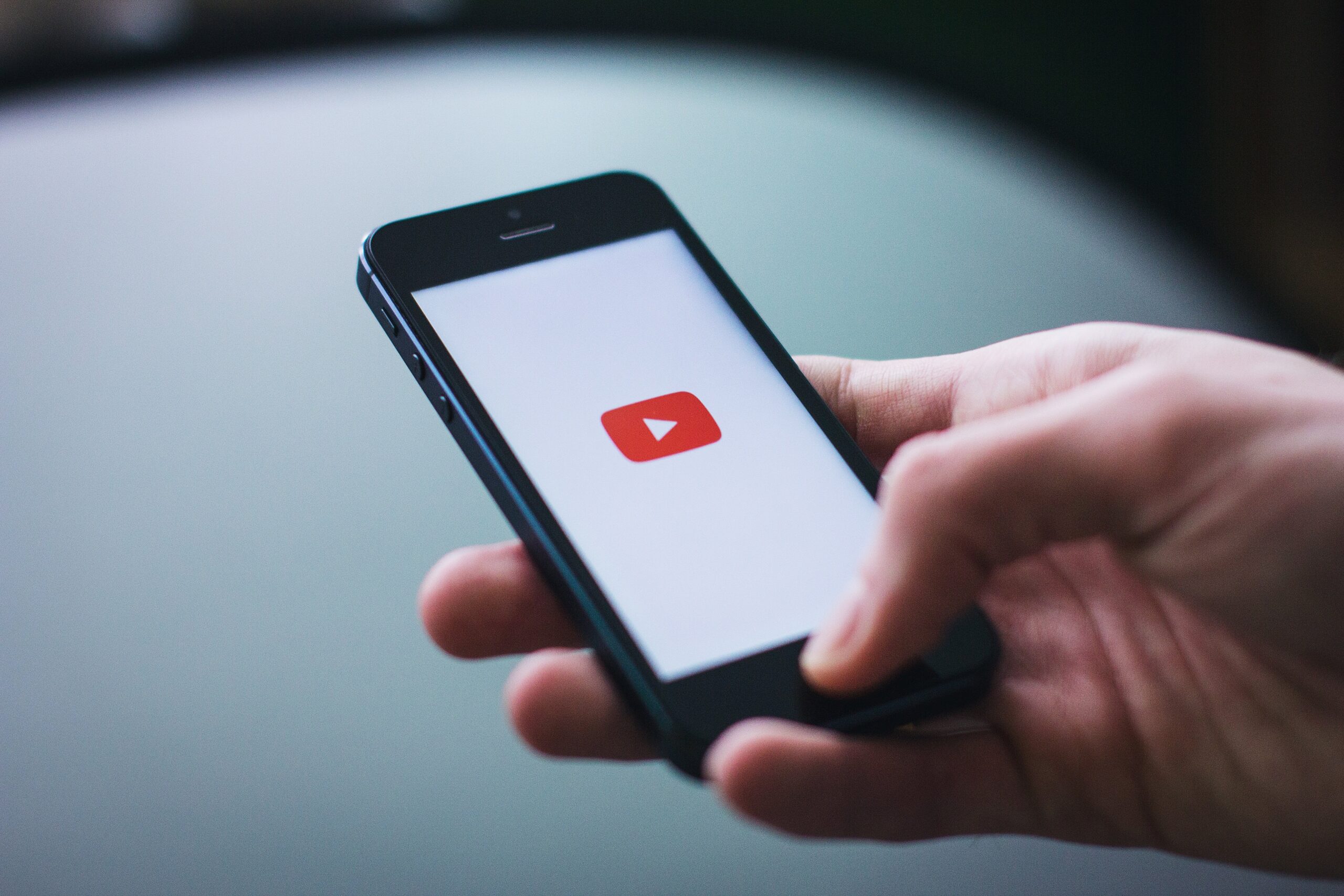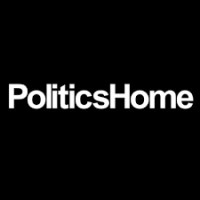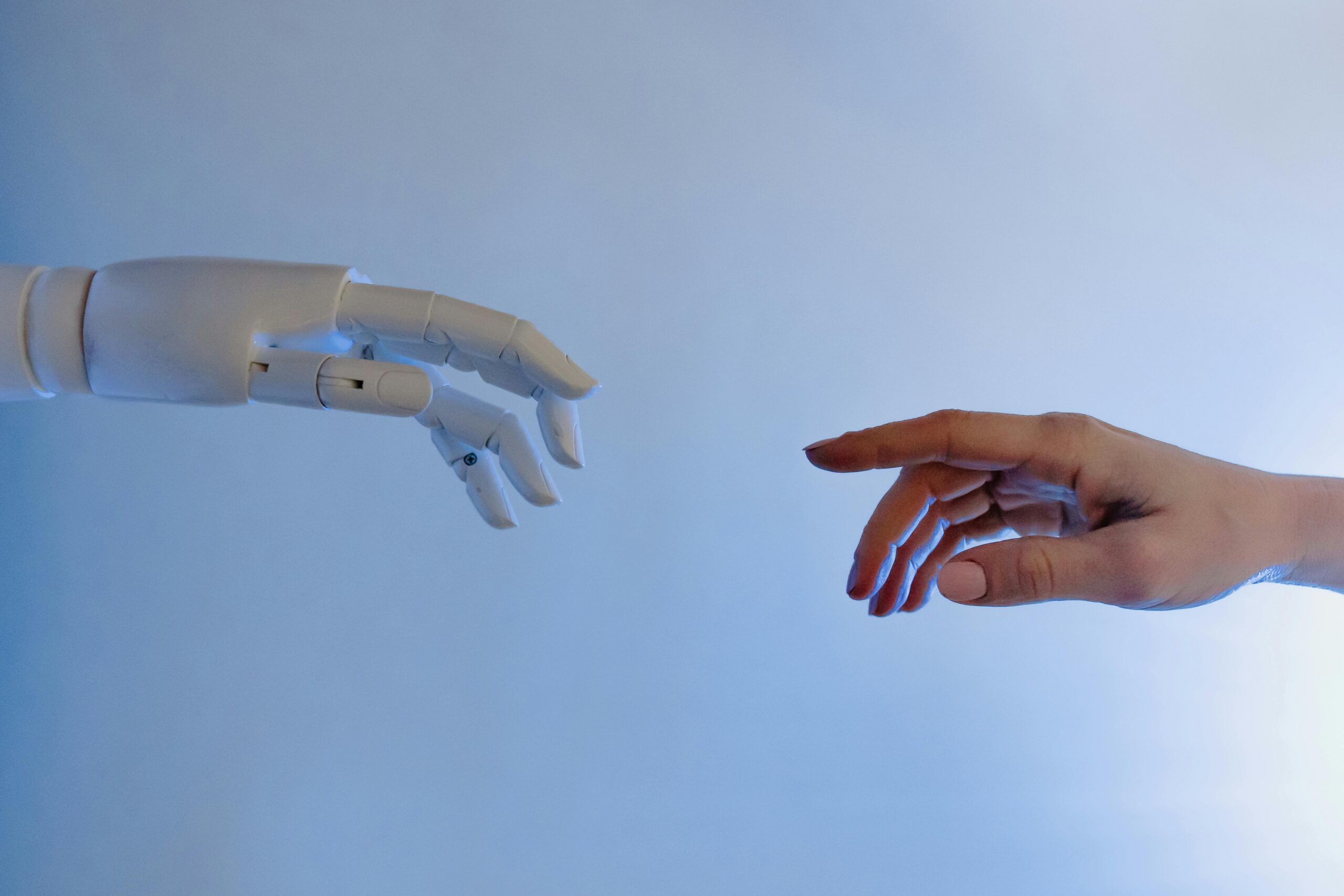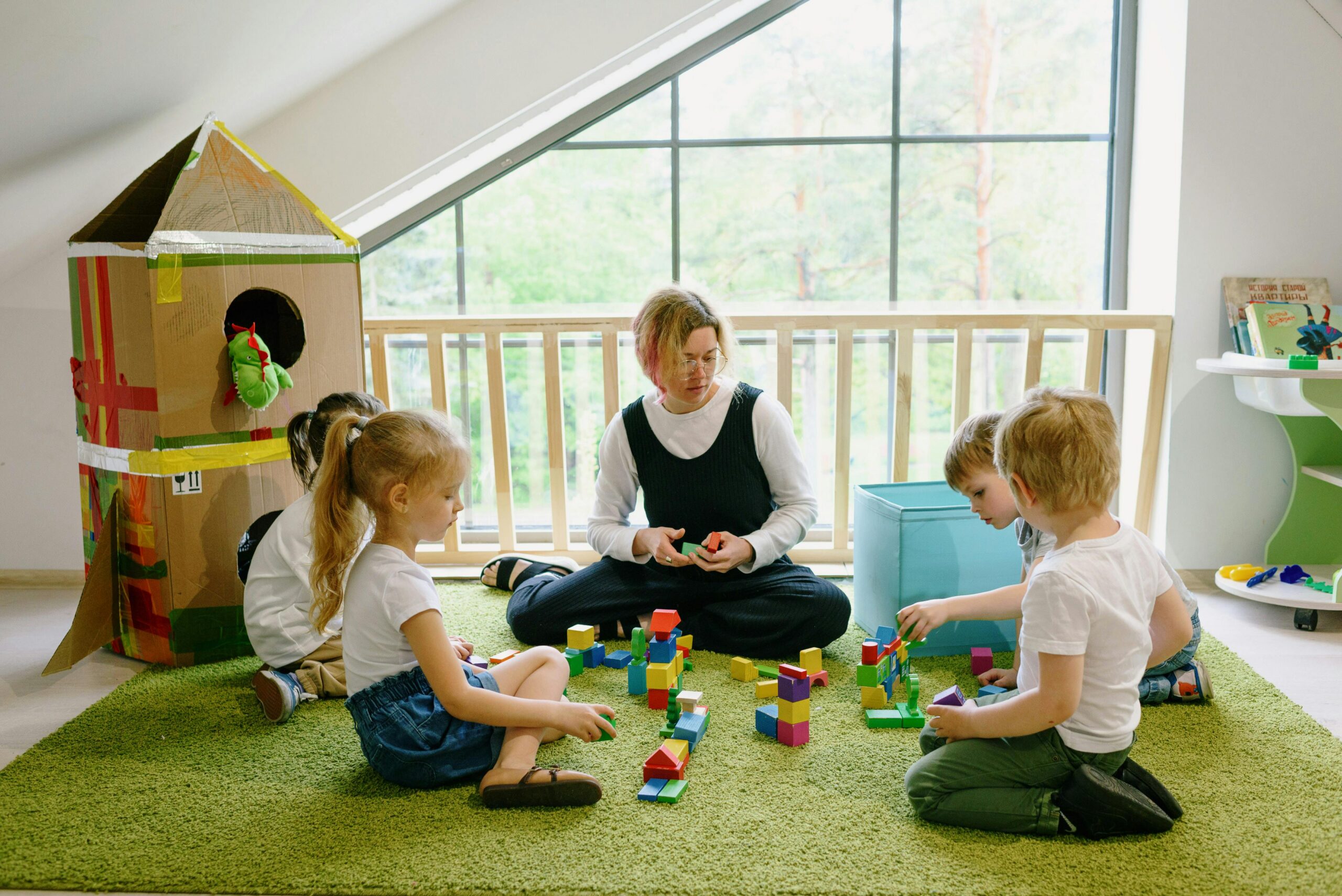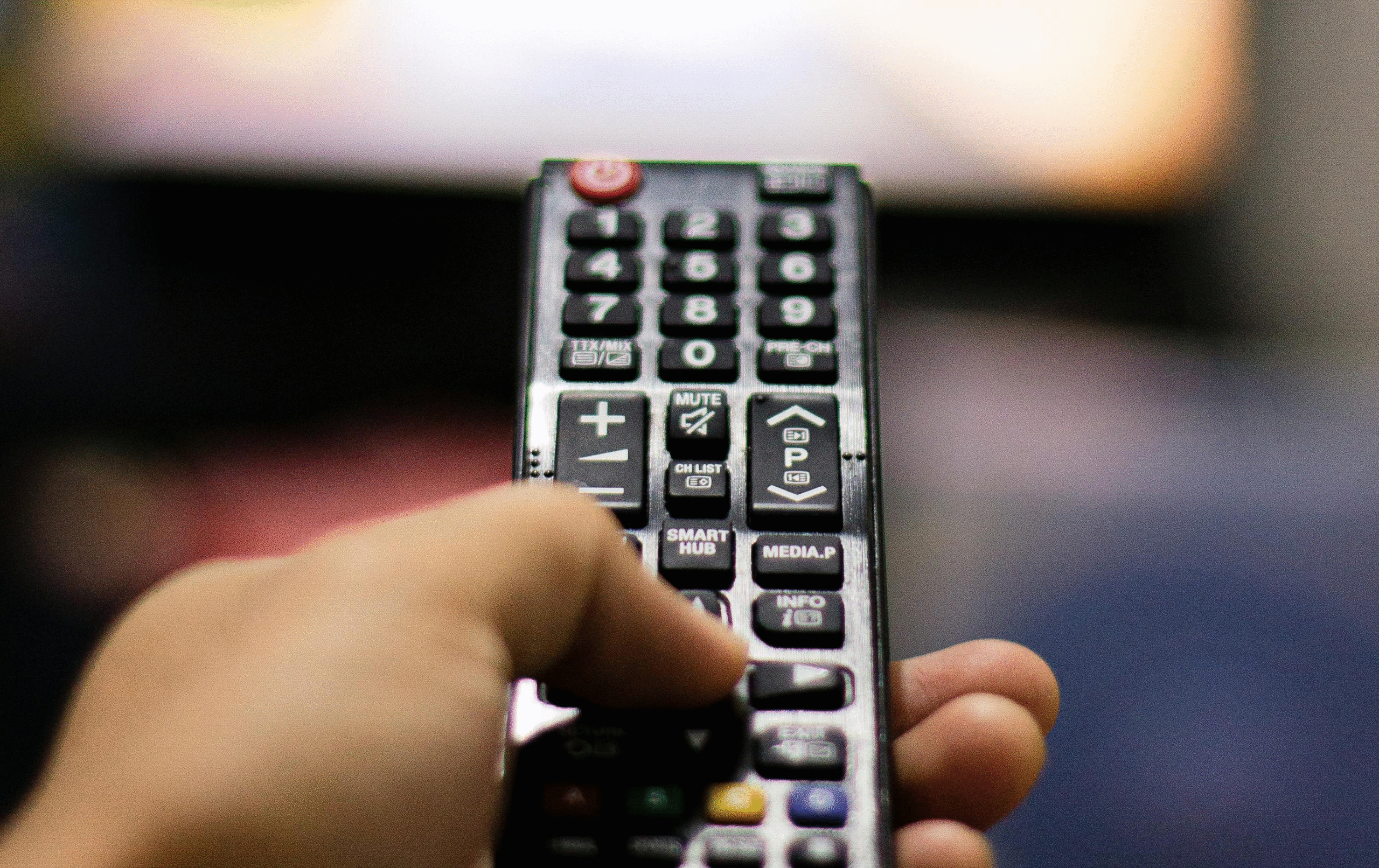A group of 90 creators of content for platforms including YouTube and TikTok were yesterday hosted at No 10, as the government looks to reach more people with its messages
Downing Street yesterday hosted a reception with online influencers for the first time ever, as part of its push to “go where people are” and reach voters on platforms beyond the traditional media.
PublicTechnology sister publication PoliticsHome exclusively reported this week that, on Thursday afternoon, No 10 opened its doors to between 70 and 90 content creators on Thursday afternoon. The invite list includes influencers such as Abi Foster and Gabriel Nussbaum, who both create personal finance content.
The invitees are understood to have a combined following of a quarter of a billion people, and have all been engaging closely with No 10 during Labour’s first year in power. The reception will include panel discussions about how creators can best work with government, as well as exploring the creators’ own careers.
Government sources told PoliticsHome that content creators have now become embedded into every government department’s communications strategy, with some influencers now receiving press notices from the government alongside traditional news outlets. Digital influencers are invited to press conferences and receive background briefings from government ministers on topics relevant to their content.
The Foreign, Commonwealth and Development Office recently briefed some online influencers – including foreign affairs content creator Alex Dragonetti, and Tatton Spiller and Chris Chandler, who both post content about current affairs on Instagram and TikTok – ahead of the government’s announcement on sanctions against people smugglers.
The Department for Environment and Rural Affairs has also worked with YouTuber Cam Whitnall on announcing policies to tighten animal welfare in zoos. No 10 strategists believe that, by having cabinet ministers take part in interviews with non-news media, they can reach audiences who are more directly engaged with the relevant policy areas.
During the Nato summit last month, TikTok creator Max Klymenko interviewed prime minister Keir Starmer – a clip of which received 1.3m views just on TikTok.
There is also a move to connect with readerships away from traditional political media. Deputy prime minister Angela Rayner recently sat down with Grazia magazine to mark one year in office, while minister for safeguarding Jess Philips gave an interview to Good Housekeeping.
Related content
- Government comms head on AI assistance and using digital to ‘reach citizens where they are’
- Government comms teams can use TikTok ‘in exceptional circumstances’
- Government comms unit taps into tech tool to track Russian social disinformation
Since winning the general election last year, the Labour government has been frequently criticised, including by some of its own Labour MPs, for its failure to communicate its policies and overall narrative effectively.
To counter this, No 10’s New Media Unit has been experimenting with new communications styles, including launching the government’s own Reddit channel earlier this year.
PoliticsHome analysis showed that in the first month of its creation, the first 44 posts by the ‘UKGovNews’ Reddit page were particularly focused on promoting content relating to transport connectivity, rail services, driving test availability and repairing potholes. The government also has its own TikTok account, despite the app remaining banned on government devices and on the parliamentary estate.
A number of Labour MPs and figures have joined TikTok in the last few weeks in a bid to communicate with younger audiences, following the announcement that the voting age will be lowered to 16.
A No 10 source said: “We’ve long known that we’ve got to go where people are. That means working more closely with creators, influencers and smaller platforms to tell our story alongside traditional media. This reception is the first of a kind, and will be a chance not just to show them the value of working with government, but to show them we’re serious.”
They added that influencers and creators “help us communicate that message” – particularly around government policy announcements such as raising the minimum wage and rolling out free breakfast clubs.
‘Exceptional’
PublicTechnology reported last year that, despite the app’s prohibition on government devices, civil service communications professionals are empowered to communicate messages via TikTok “in exceptional circumstances”.
It is understood that such circumstances are likely to include urgent public safety-related issues – particularly those for which government wishes to reach as broad an audience as possible, including younger people. The riots that took place in summer 2024 are likely to have constituted one such example where issuing communications via TikTok would have been permitted. Other cases might include the likes of terror threats or extreme weather.
In order to be approved for use by Whitehall officials, online platforms must be assessed against the metrics of the SAFE guidelines administered by the Government Communication Service. It emerged recently that GCS has not yet made a formal assessment of government’s possible use of the increasingly popular Bluesky social network, and has not assessed the use of rival site X for more than two years.
The ‘SAFE’ acronym represents the four principles the guidelines are intended to ensure civil service communications – and their means of delivery – adhere to: safety and suitability; adverts in appropriate context; freedom of speech; and ethics and enforcement.

A version of this story originally appeared on PublicTechnology sister publication PoliticsHome

